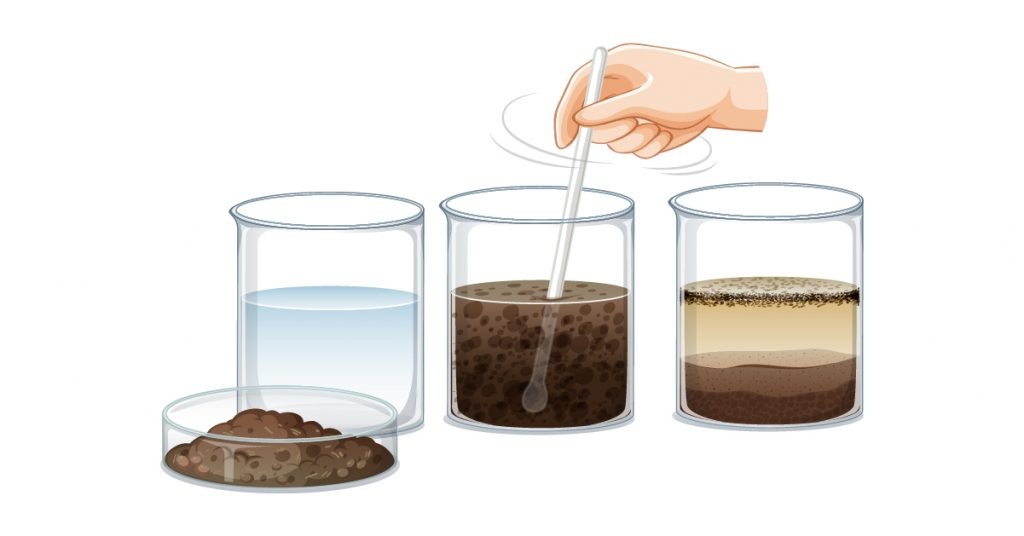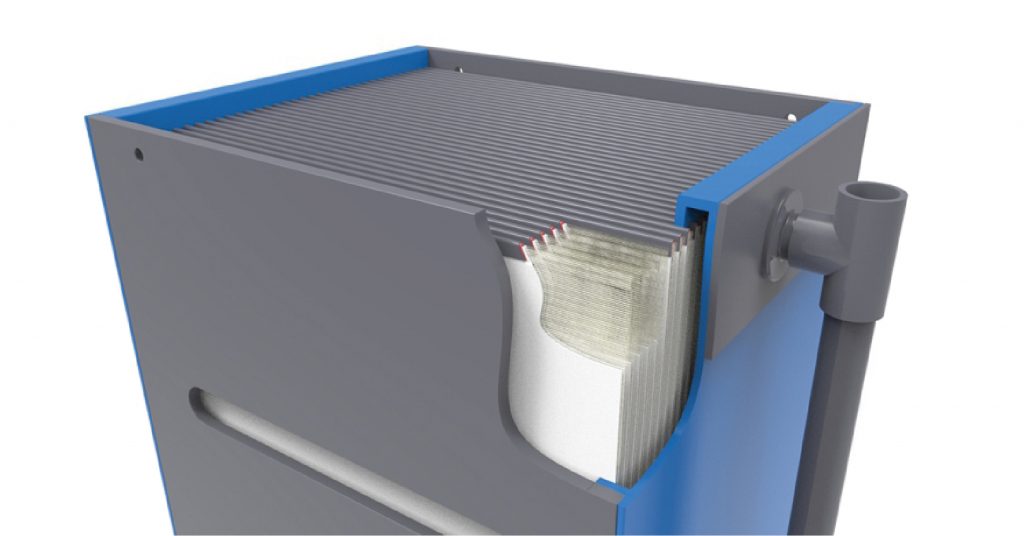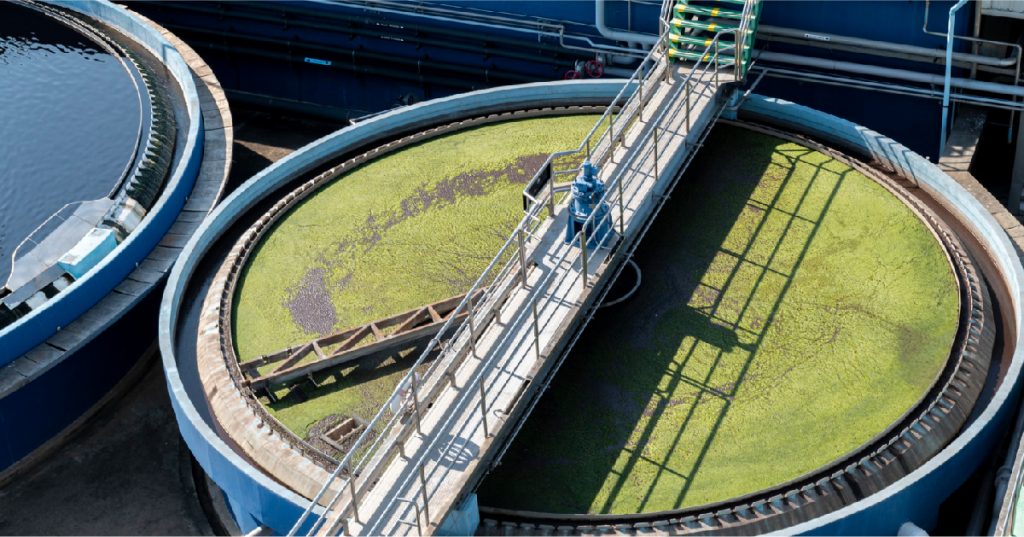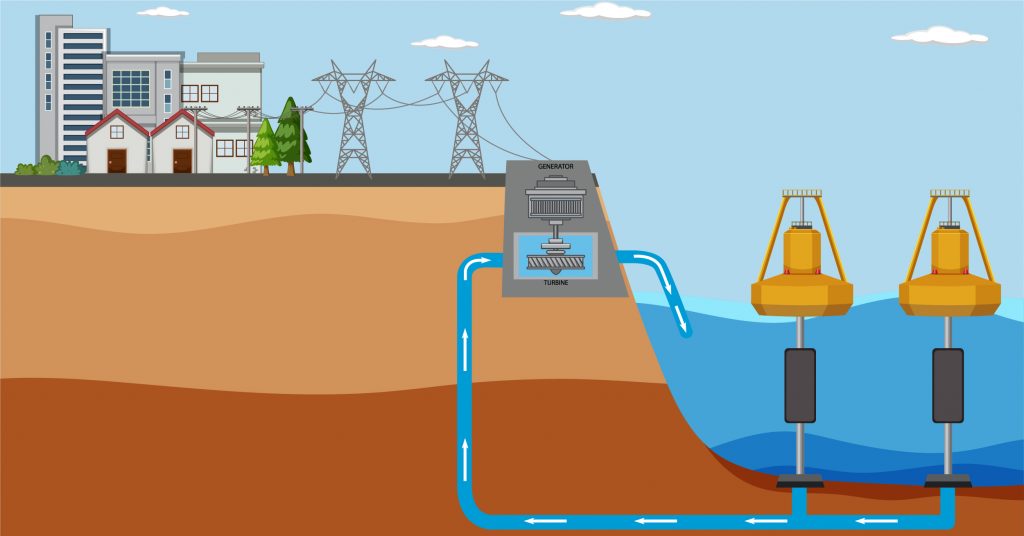Clean water is a necessity for health, sanitation, and development. In India, where millions rely on rivers, lakes, ponds, and groundwater, ensuring water clarity is the first step toward safe consumption. Among the many methods used in water treatment, sedimentation and decantation are two of the simplest yet most effective techniques for removing impurities. These age-old processes are still widely applied today, both at household and industrial levels, making them key contributors to India’s clean water journey.
Table of Contents
ToggleWhat is Sedimentation and Decantation?
To understand their significance, it is essential to first ask: What is sedimentation and decantation?
- Sedimentation is the process of allowing suspended solids in water—such as sand, silt, or clay particles—to settle down at the bottom of a container or tank due to gravity. This makes the upper layer of water clearer.
- Decantation is the next step, where the clear water at the top is carefully poured or siphoned off, leaving behind the settled impurities.
Together, sedimentation and decantation act as a simple pre-treatment step before filtration or boiling, ensuring that water is much cleaner and safer for use.
Importance of Sedimentation and Decantation in India
India faces unique challenges with water clarity due to seasonal floods, agricultural runoff, and high turbidity levels in surface water sources. In rural and urban areas alike, sedimentation and decantation provide affordable and practical solutions for initial water purification.
Key benefits include:
- Reduced Turbidity – Removes suspended particles that make water cloudy.
- Improved Efficiency of Filtration – Clean water reduces strain on filters, extending their life.
- Cost-Effectiveness – Requires no chemicals or complex infrastructure.
- Adaptability – Works at household, community, and large treatment plant levels.
Difference Between Sedimentation and Decantation
Although often mentioned together, there is a clear difference between sedimentation and decantation:
- Sedimentation is the process of settling suspended solids at the bottom due to gravity.
- Decantation is the process of separating the clear liquid from the settled solids by carefully removing it.
In simple terms, sedimentation makes the separation possible, while decantation completes the process.
Applications in Daily Life and Industry
Household Use
In rural India, many households still use simple containers for sedimentation and decantation before boiling or filtering their drinking water. This ensures that visible impurities are removed, making the water clearer and easier to treat.
Municipal and Industrial Use
Large-scale water treatment plants in India use sedimentation tanks and clarifiers to handle huge volumes of raw water. Once sedimentation occurs, decantation or overflow systems allow clear water to move forward to filtration and disinfection units. Industries like textiles, power generation, and pharmaceuticals also rely on these processes to protect machinery and ensure water quality.
Ion Exchange: State-of-the-art Wastewater Treatment Plants Manufacturers
Ion Exchange, a pioneer in water and environmental solutions, has been at the forefront of addressing the operational challenges faced by wastewater treatment plants. With a deep understanding of the industry’s pain points and a commitment to innovation, Ion Exchange offers state-of-the-art wastewater treatment plants and customized solutions to meet the unique needs of each facility.
Our wastewater treatment plant solutions offer wide applications and pioneer innovations in water management by recycling wastewater and reducing its source. Our integrated systems focus on waste management through product recovery and waste minimization, employing energy-efficient and cost-effective membrane technologies, advanced oxidation, and evaporation processes. These technologies conserve water by recycling wastewater and recovering valuable products for reuse, achieving zero liquid discharge objectives.
Explore Ion Exchange’s Products
Ion Exchange’s comprehensive product line for wastewater treatment includes the following:
Ion Exchange’s wastewater treatment systems are designed to produce environmentally safe treated effluent and solid waste (sludge) suitable for disposal or reuse as fertilizer. Our pioneering solutions encompass water management through wastewater recycling, source reduction, product recovery, and waste minimization. The treatment process, comprising primary, secondary, and tertiary stages, is tailored to the wastewater characteristics and desired effluent quality. Our product range includes INDION® TADOX® (Advanced Photocatalytic Oxidation Process), High Rate Solid Contact Clarifiers, Anaerobic and Aerobic Systems, Membrane Bio Reactors, Packaged Sewage Treatment Plants, Packaged Waste Treatment Systems, Disinfection Systems, Odor Control Systems, Oil Screening and Grease Removal Systems.
Ion Exchange offers a comprehensive range of advanced wastewater treatment technologies, including continuous media filters, advanced oxidation systems, and membrane systems. The continuous media filters provide efficient solids removal, while the advanced oxidation systems employ powerful oxidants like ozone and hydrogen peroxide for the degradation of persistent organic pollutants. Additionally, membrane systems, such as ultrafiltration and reverse osmosis, enable superior separation and purification of treated effluents, ensuring high-quality water for safe discharge or reuse applications.
With over 60 years of proven expertise, Ion Exchange incorporates advanced effluent treatment processes, innovative membrane technologies, and state-of-the-art evaporation processes to maximize water recovery and achieve zero liquid discharge. Our solutions offer assured availability of water for process needs and low-end uses, savings through the recovery of valuable products for reuse, reduced water costs and freshwater requirements, and assured compliance with pollution control board regulations.
Future Relevance in India’s Water Management
As India moves toward advanced technologies like reverse osmosis, UV treatment, and desalination, the relevance of sedimentation and decantation remains undiminished. They serve as the first line of defense against impurities, making subsequent processes more efficient and cost-effective.
From households in villages to state-of-the-art treatment plants in metro cities, these simple processes continue to ensure clarity, affordability, and accessibility in water treatment.
Conclusion
Sedimentation and decantation are fundamental to achieving clean water in India. Understanding sedimentation and decantation, and recognizing the difference between sedimentation and decantation, helps communities and industries value these simple yet powerful processes.
As India continues its mission to provide safe and clear water to every citizen, these age-old practices will remain core to both traditional and modern treatment solutions.





